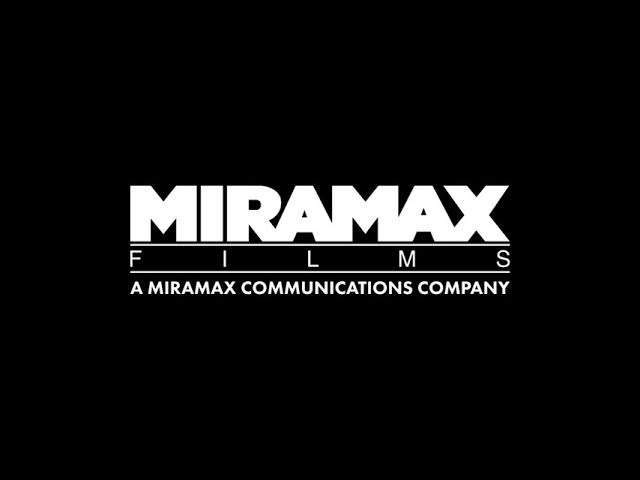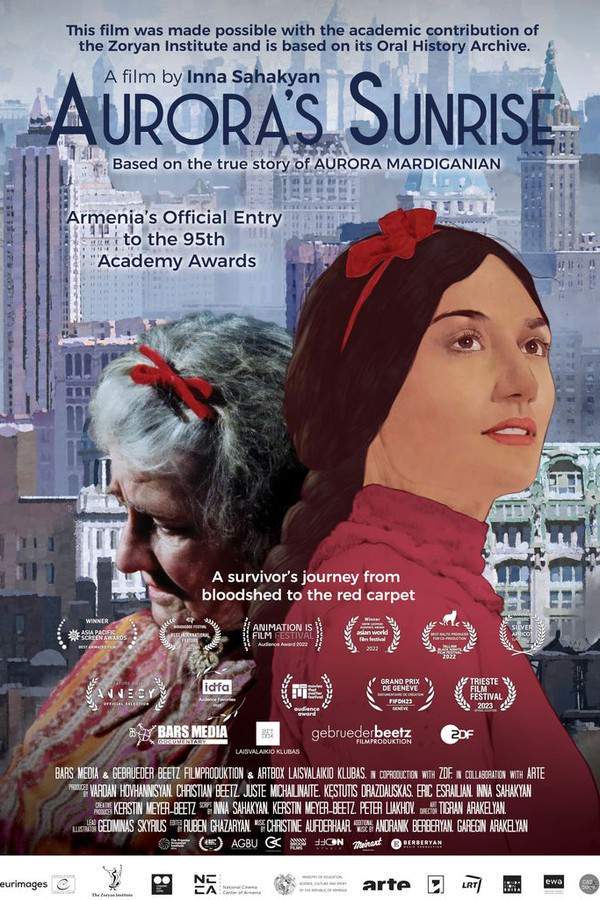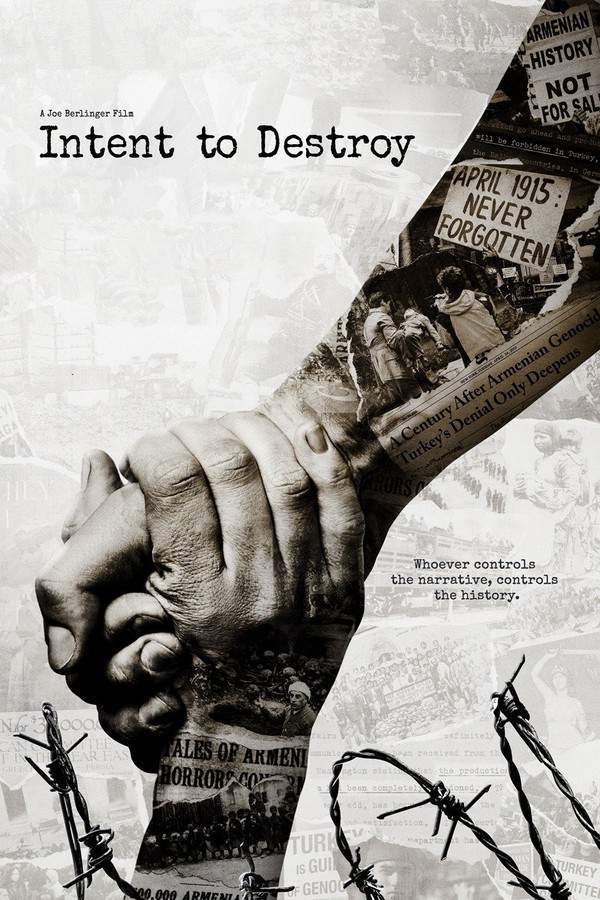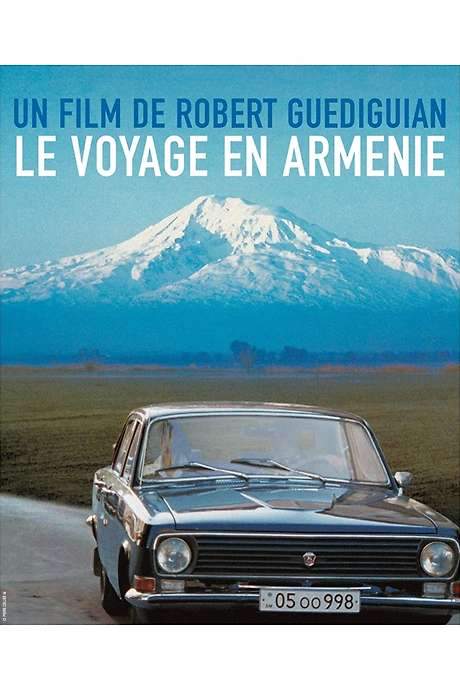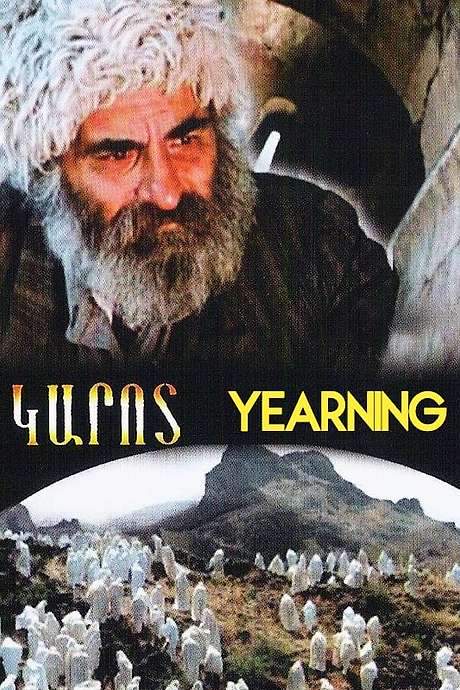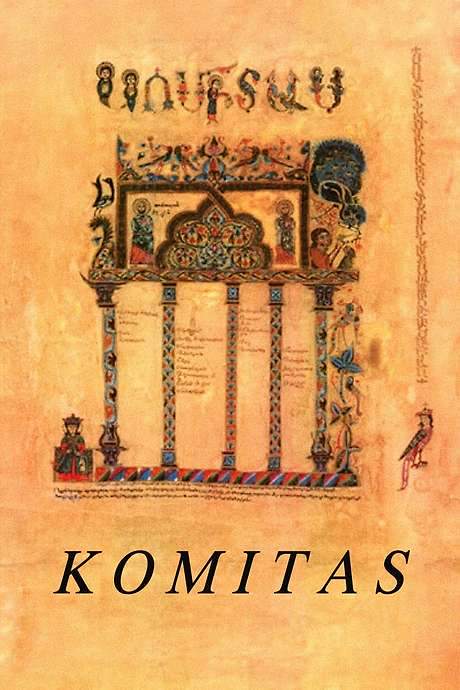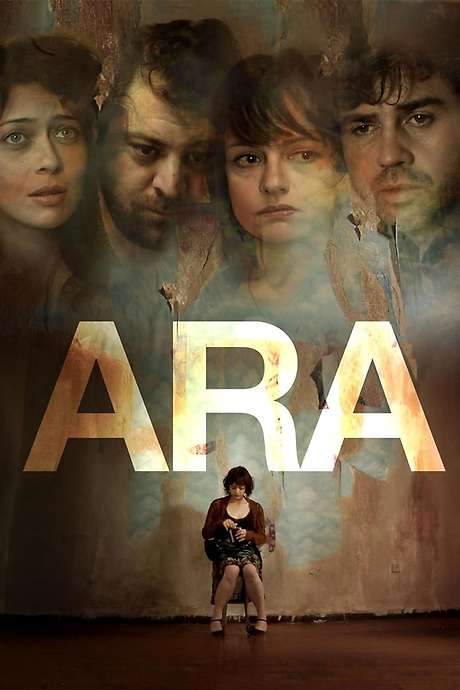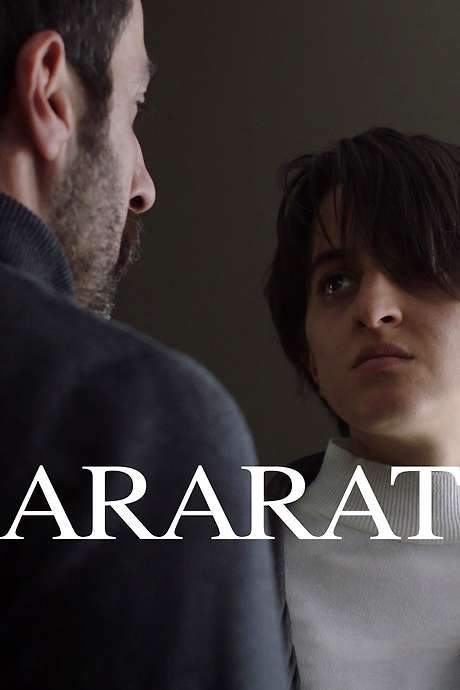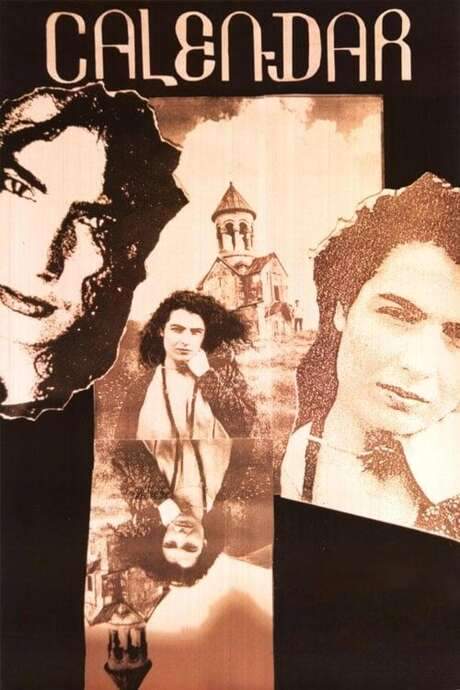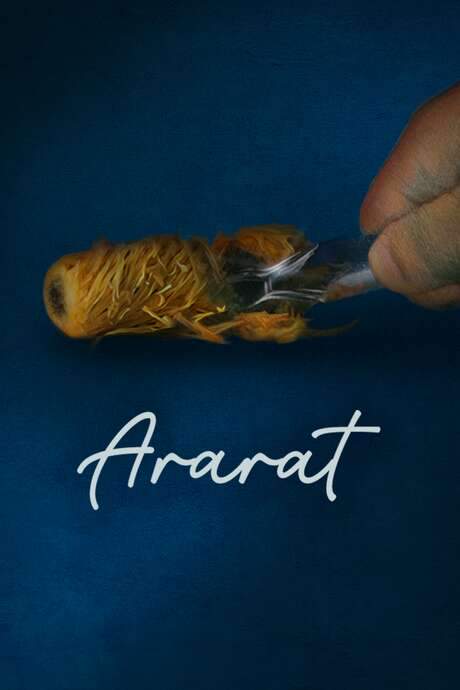Ararat 2002
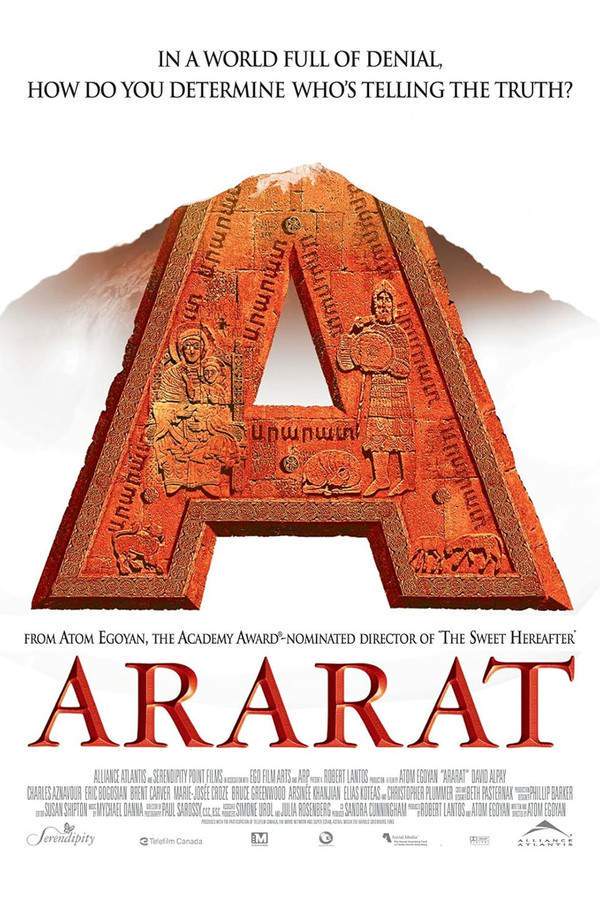
A filmmaker sets out to create a film about the Armenian genocide that occurred during World War I. The project becomes a deeply personal exploration as he researches his family's history and the tragic events that impacted them. Through a blend of documentary footage and fictionalized scenes, he seeks to remember the victims and confront the complexities of identity, memory, and the possibility of redemption.
Does Ararat have end credit scenes?
No!
Ararat does not have end credit scenes. You can leave when the credits roll.
Meet the Full Cast and Actors of Ararat
Explore the complete cast of Ararat, including both lead and supporting actors. Learn who plays each character, discover their past roles and achievements, and find out what makes this ensemble cast stand out in the world of film and television.
External Links and Streaming Options
Discover where to watch Ararat online, including streaming platforms, rental options, and official sources. Compare reviews, ratings, and in-depth movie information across sites like IMDb, TMDb, Wikipedia or Rotten Tomatoes.
Ratings and Reviews for Ararat
See how Ararat is rated across major platforms like IMDb, Metacritic, and TMDb. Compare audience scores and critic reviews to understand where Ararat stands among top-rated movies in its genre.

62
Metascore
7.5
User Score


55%
TOMATOMETER

71%
User Score

6.3 /10
IMDb Rating

61
%
User Score
Take the Ultimate Ararat Movie Quiz
Challenge your knowledge of Ararat with this fun and interactive movie quiz. Test yourself on key plot points, iconic characters, hidden details, and memorable moments to see how well you really know the film.
Exploring Ararat: Art and Legacy: Test your knowledge on the film Ararat and its themes of art, history, and personal discovery.
Who is the central figure explored in the film Ararat?
Arshile Gorky
Atom Egoyan
David Alpay
Celia
Show hint
Full Plot Summary and Ending Explained for Ararat
Read the complete plot summary of Ararat, including all major events, twists, and the full ending explained in detail. Explore key characters, themes, hidden meanings, and everything you need to understand the story from beginning to end.
Brilliantly capturing the legacy of art and the weight of history, Ararat unfolds as a remarkably deep film exploring the profound lessons of the past and the healing power of creativity. At its heart lies the haunting story of the renowned painter Arshile Gorky, whose tragic life and the atrocities of the 1915 Armenian massacre intertwine with his artistic journey.
After Gorky’s heartbreaking suicide in 1948, his spirit manifests differently for various characters, symbolizing how deeply one’s legacy can affect others. In the realm of art, Gorky is celebrated as a pivotal figure of the twentieth century, standing alongside greats like Willem de Kooning, Jackson Pollock, and Mark Rothko, whose masterpieces have shaped the Surrealism and Abstract Expressionism movements.
Within the narrative, the character of the director sees Gorky as an inspirational cultural emblem, embodying the harrowing yet rich history of his people. To Ani (Arsinee Khanjian, an art historian), Gorky serves as a captivating subject of her forthcoming book. Meanwhile, his memory evokes painful reflections for her stepdaughter Celia ([Marie-Josee Croze]), reminding her of her father’s unclear fate, while for Raffi ([David Alpay]), Gorky becomes a crucial piece in his quest for identity.
The interwoven stories culminate in a magnificent testament to Atom Egoyan’s artistry as both writer and director, showcasing how personal and collective histories mesh beautifully through the lens of art. As noted by author-poet Aberjhani, this film is more than just a narrative; it is also a poignant exploration of what art means to those who are touched by its lasting impact.
Uncover the Details: Timeline, Characters, Themes, and Beyond!

Coming soon on iOS and Android
The Plot Explained Mobile App
From blockbusters to hidden gems — dive into movie stories anytime, anywhere. Save your favorites, discover plots faster, and never miss a twist again.
Sign up to be the first to know when we launch. Your email stays private — always.
Watch Trailers, Clips & Behind-the-Scenes for Ararat
Watch official trailers, exclusive clips, cast interviews, and behind-the-scenes footage from Ararat. Dive deeper into the making of the film, its standout moments, and key production insights.
Ararat Themes and Keywords
Discover the central themes, ideas, and keywords that define the movie’s story, tone, and message. Analyze the film’s deeper meanings, genre influences, and recurring concepts.
Ararat Other Names and Titles
Explore the various alternative titles, translations, and other names used for Ararat across different regions and languages. Understand how the film is marketed and recognized worldwide.
Similar Movies To Ararat You Should Know About
Browse a curated list of movies similar in genre, tone, characters, or story structure. Discover new titles like the one you're watching, perfect for fans of related plots, vibes, or cinematic styles.
Quick Links: Summary, Cast, Ratings, More

What's After the Movie?
Not sure whether to stay after the credits? Find out!
Explore Our Movie Platform
New Movie Releases (2026)
Famous Movie Actors
Top Film Production Studios
Movie Plot Summaries & Endings
Major Movie Awards & Winners
Best Concert Films & Music Documentaries
Movie Collections and Curated Lists
© 2026 What's After the Movie. All rights reserved.


